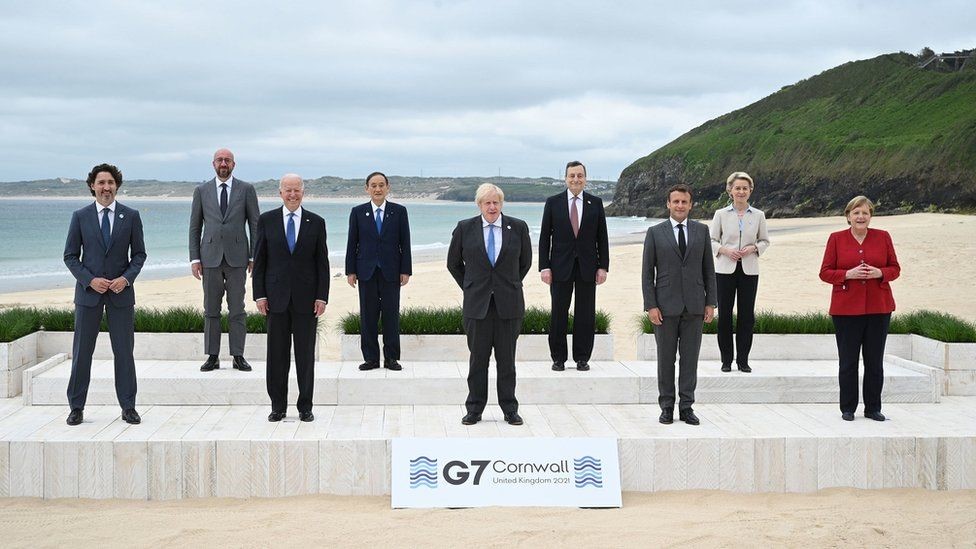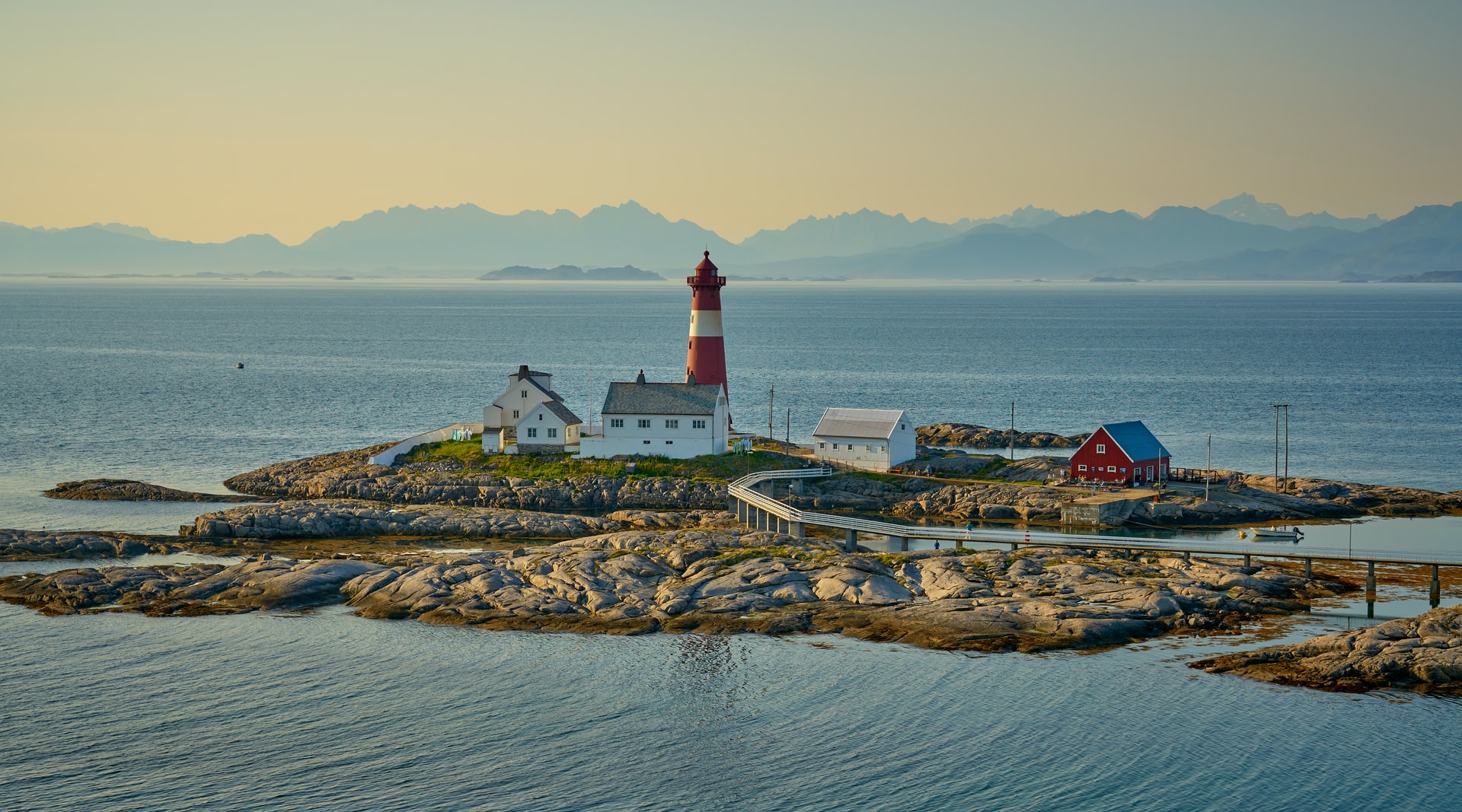Recent BSc International Relations graduate Sebastian Vandermeersch (BScIR with French, 2021) took part in the department’s Undergraduate Research Assistantship Scheme, where he worked with Dr Jürgen Haacke, focussing on researching the forces shaping the UK’s Indo-Pacific Strategy. This blog post explores his research.

Former British Foreign Secretary Dominic Raab arrives in Vietnam at the start of a visit to South-East Asia in June 2021 to discuss the UK’s Indo-Pacific tilt.
Source Dominic Raab’s official Twitter account.
Seeking closer and deeper partnership
The recent AUKUS deal in which the US and the UK have jointly committed to providing Australia with highly sensitive nuclear submarine technology forms part of Britain’s broader Indo-pacific strategy. Last summer, former British Foreign Secretary Dominic Raab embarked upon a three-nation tour of Southeast Asia (21-24 June) aiming to deepen the UK’s relations with the region. Both developments follow the so-called ‘Indo-Pacific tilt’ set out in the government’s policy paper, ‘Global Britain in a Competitive Age: the Integrated Review of Security, Defence, Development and Foreign Policy’. This report, published in March, specifies the goal of becoming the “European partner with the broadest and most integrated presence in the Indo-Pacific – committed for the long term, with closer and deeper partnerships, bilaterally and multilaterally.” This may be understood as part of a broader post-Brexit ‘Global Britain’ agenda of the British government, which is “designed to position the UK as a force for good in the world – defending openness, democracy and human rights” and with “an increased determination to seek multilateral solutions to challenges”.
This may be understood as part of a broader post-Brexit ‘Global Britain’ agenda of the British government, which is “designed to position the UK as a force for good in the world”
The need to deepen engagement in the Indo-Pacific is fundamentally rooted in both economic and security concerns, as apparent with the Integrated Review’s description of the region as both the “world’s growth engine” and “the centre of intensifying geopolitical competition”. Accordingly, the government’s strategy takes the form of an amalgamation of commitments and policy objectives which seek to integrate the UK more closely into South-East Asia’s multilateral economic and common defence arrangements. This in turn has the objective of balancing China’s influence in the region. One recent development regarded as a success was the UK joining ASEAN as a dialogue partner.
Further key objectives include: enhancing the Five Power Defence Arrangement (FPDA); acceding to the Comprehensive and Progressive Agreement for Trans-Pacific Partnership (CPTPP); and establishing a permanent Royal Navy presence in the region.
The need to deepen engagement in the Indo-Pacific is fundamentally rooted in both economic and security concerns
Forces behind the UK’s Indo-Pacific tilt:
Conservative Party leadership
Firstly, in terms of soft power, it is notable that Prime Minister Boris Johnson invited Australia, India and South Korea to attend the recent G7 summit in Cornwall as guests. Meanwhile, in terms of hard power, the Prime Minister symbolically directed the UK’s new aircraft carrier – the HMS Queen Elizabeth, and her Carrier Strike Group – to sail through the South China Sea on her maiden voyage. The stated aim was “to vindicate our belief in the rules-based international system and in the freedom of navigation through those waterways which are absolutely vital for world trade”. Enthusiasm for the economic aspect of the strategy is also apparent in Mr Johnson’s rhetoric concerning the CPTPP, such as his statement that UK membership “would open up unparalleled opportunities for British businesses and consumers in the fast-growing Indo-Pacific”. In a similar vein, the UK’s International Trade Secretary, Liz Truss, stated that “In future it’s going to be Asia-Pacific countries in particular where the big markets are, where growing middle-class markets are, for British products.”
Additionally, the ‘force for good’ aspect of the UK’s Indo-Pacific strategy has been clear in Mr Raab’s value-driven response to the Myanmar coup, which has seen the UK take a strong, leading role in the international community’s response to the military government. This reaction has included co-leading a Special Session of the UN Human Rights Council; coordinating a Security Council statement in condemnation of the coup; and implementing sanctions against Myanmar’s military leaders for their role in enabling human rights violations.
This tilt has been desired and welcomed by a diverse set of interest-groups including think-tanks and countries.
Beyond government
Nonetheless, it would be incorrect to assume that members of the British government are acting alone in shaping and pursuing this strategy. This tilt has been desired and welcomed by a diverse set of interest-groups including think-tanks and countries.
Perhaps most notably, a publication from the centre-right foreign policy think-tank, Policy Exchange, entitled “A Very British Tilt,” set the tone for future action in this area. This publication was authored and endorsed by notable figures such as former Japanese Prime Minister Shinzo Abe, former Canadian Prime Minister Stephen J Harper and several former UK Defence Secretaries. Although the document pushes for a more aggressive UK Indo-Pacific strategy than is evident in the Integrated Review, key policy recommendations such as becoming an ASEAN dialogue partner, acceding to the CPTPP and enhancing the FPDA agreement were outlined.
Furthermore, it may be argued that the call by the hawkish national security think-tank, the Henry Jackson Society, for more robust deterrence against the rising threat of Chinese authoritarian influence in the region, had considerable influence. This perspective was acknowledged in the Integrated Review and ‘Defence in a Competitive Age’ Report with the labelling of China as a systemic challenger.
The Indo-Pacific states have also welcomed the UK’s increased engagement.
Regional reaction
The Indo-Pacific states have also welcomed the UK’s increased engagement. This was evident in the 2021 “State of Southeast Asia” survey, where ASEAN members chose the UK as the sixth most preferred ‘third party’ partner to hedge against the uncertainties of the US-China strategic rivalry. Accordingly, this renders the UK as the only actor outside the Indo-Pacific to be considered apart from the European Union.
It is also worth noting that Mr Shinzo Abe has written from the Japanese perspective that, “On the security front, the British military, and the Royal Navy in particular, will be a welcome presence in the seas of the Indo-Pacific.” Finally, from a Singaporean viewpoint, Ambassador-at-Large, Ms Chan Heng Chee, from the Singapore Ministry of Foreign Affairs, gave oral evidence to the UK Parliament’s Foreign Affairs Committee on the subject prior to the publishing of the Integrated Review. She encouraged the UK to “step up its profile in the region”, making the case that in terms of security and defence Britain was too absent.
This blog post is the result of research done as part of the Department of International Relations Undergraduate Research Assistantship Scheme. Read more about the professional development opportunities the Department of International Relations offers to current students.
The Undergraduate Research Assistantships are funded by LSE alumni donations: if you’d like to donate to LSE, please find out more and make a donation.
This article represents the views of the author, and not the position of the Department of International Relations, nor of the London School of Economics.






2 Comments